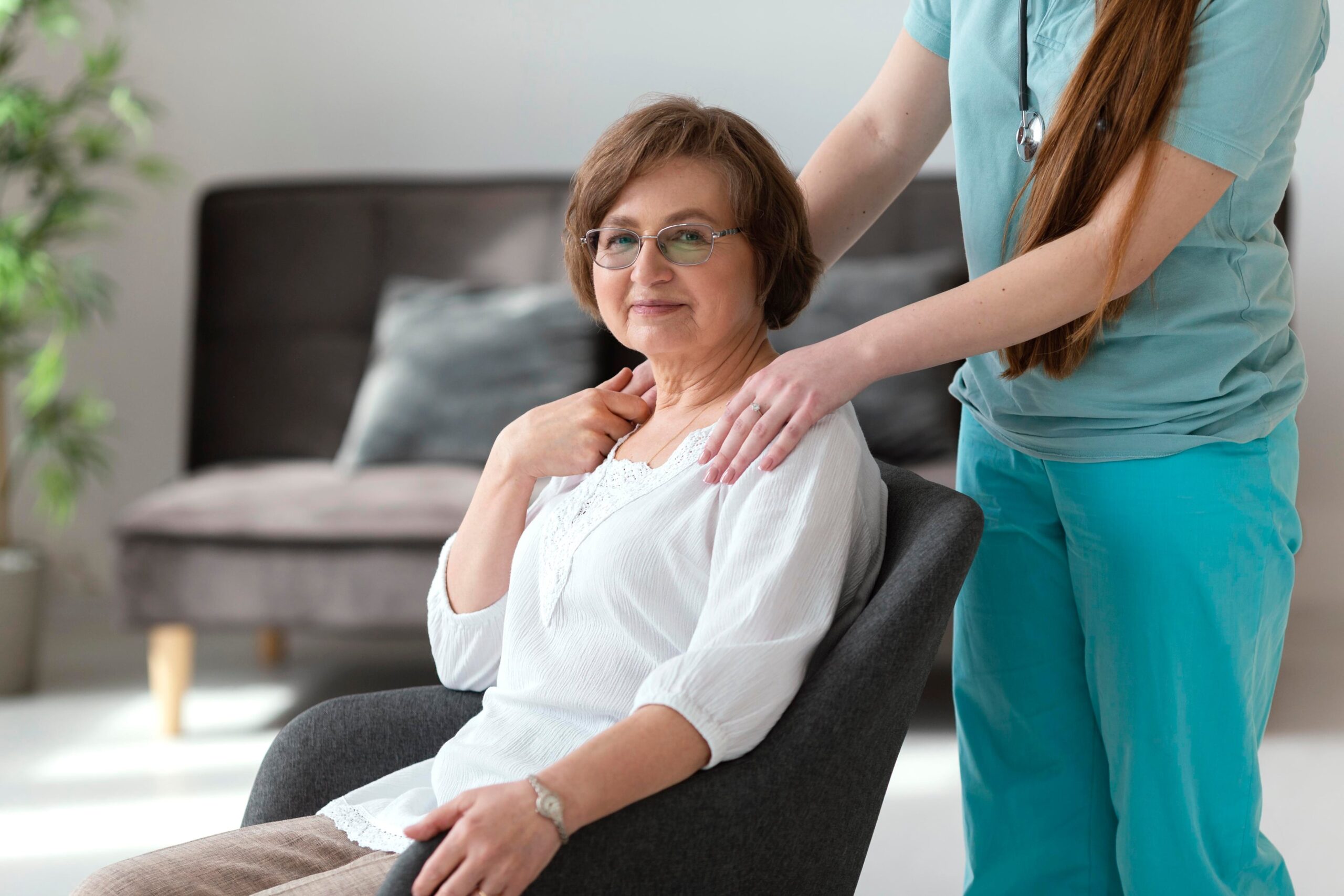The importance of preparing for a disaster has never become more apparent in light of recent events. Damage caused by Hurricane Harvey and Irma is monumental, totaling billions of dollars while also disrupting the lives of millions.
Knowing when a disaster will strike and the impact of damage is often difficult to predict. Therefore, it’s incredibly important to prepare in advance, allowing you to best reduce the impact it has. This is especially true should your elderly parents or loved ones be receiving home health care, as these people are at even more risk in the event of a natural disaster!
Know What Risks You May Face
Not every region in the country faces the same risks when it comes to natural disasters. As the recent spate of hurricanes has highlighted, different parts of the country are at risk to certain natural disasters, which can be used to help you prepare.
Research what natural disasters have occurred – if any – in your current location. Hurricanes and earthquakes occur in many parts of the country, while others face potential threats from wildfire, tornadoes, drought, heat waves, flooding etc.
Know what risks you and any aging family members in care could face, and tailored your disaster preparedness around this.
Create an Emergency Plan
Any disaster preparedness involving elderly people requires a specialized emergency plan. This should be tailored around their living situation – whether they live at home or a facility – while also considering disabilities and ailments.
You will also want to speak with them about this. Inform them about what the plan is and how to act in an emergency, such as where you should meet if separate, important items they need, and contacting someone during a disaster.
They will feel much more at ease being involved in this process, and try to include several family members in the plan to help make things easier.
Prepare an Emergency Kit
Should disaster strike, you and your family need all the help they can get to see things through, in which case an emergency kit is well worth preparing. These are available pre-made from many retailers, although it’s easy enough to make your own.
Checklists for an emergency kit can vary, but some of the most important things you need to include are:
- Three days’ worth of non-perishable food
- Three days’ worth of drinking water (1 gallon per person)
- First aid kit
- Extra medication – this vitally important should an elderly person have prescribed meds
- Hearing aids, glasses
- Flashlight, radio, and spare batteries
- Spare clothing – go thicker should you live in a milder climate
- Blankets
- Matches/lighters
Remember to regularly update any contents of the kit should they expire!
Consider Other Supplies
Beyond a standard emergency kit, you may require some specialist supplies should the elderly person require them. For instance, if they struggle for mobility, a spare wheelchair is certainly worth considering, especially if motorized.
As mentioned, be sure to stock up on spare medication to ensure they have enough to see them through – aim for a week’s worth of spare medications to be on the safe side. Other supplies you may want to stock up on include walking aids, oxygen tanks, spare batteries for hearing aids, etc.
